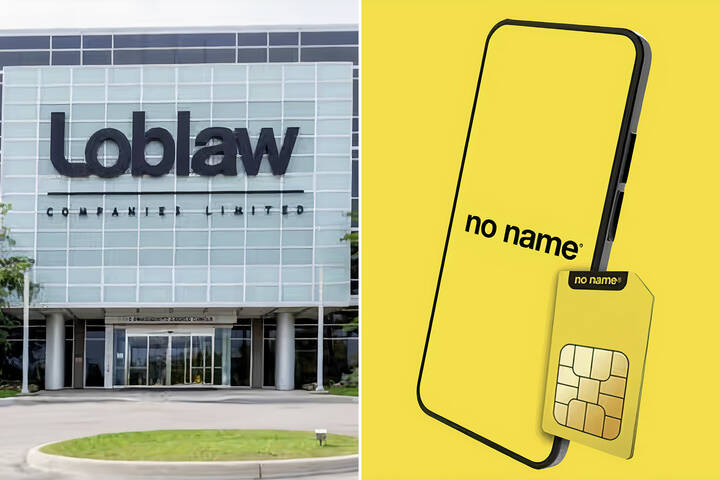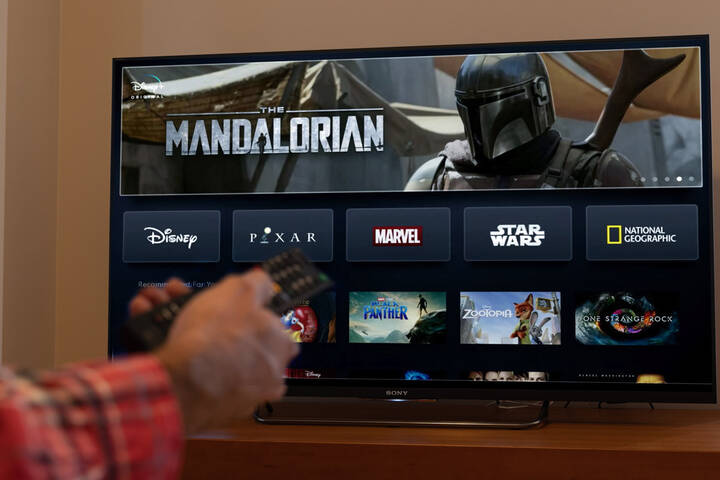
Canadian Music's Digital Divide
Sitting in a hall surrounded by artists and record executives is, quite frankly, a surreal experience. Not only is there the constant threat of a recession looming over the music industry's head, but 2009 is set to be the worst year in the industry's history - on both a Canadian and global scale as well.
This was more or less the theme of this past Thursday's Canadian Music Week opening keynote. While there are more performing bands than you can shake a drumstick at, what most fail to realize is that Canadian Music Week is more than just good company and live music. Perhaps one of the most important aspects of the week's festivities is the speakers and presentations, which I had the opportunity to attend, along with other members of the media.
I had a clear sense that doom and gloom was the appropriate feeling to be felt by all, as music executives, business owners and the artists themselves came together to confront this year's elephant in the room - the internet, and the apparent threat of P2P file sharing. Illustrating just how dire the situation had become, I watched as the keynote opened with The Pirate Bay's easily identifiable logo, drawing considerable ire from Canadian Music Week president Neil Dixon.
What followed were a number of speakers - and each was practically more maddening than the rest.
"I think P2P has all but destroyed our industry," remarked Jay Rosenthal, Senior VP and Counsel of the National Music Publishers Association, "and I don't think we're going to get back to where we were before - selling records."
And while Rosenthal's comments seemed reasonable, what was truly frustrating were the proposed solutions - most of which revolved around government intervention, and ISP responsibility. A new policy being introduced in France was actually applauded when mentioned during the presentation; it proposes a three-strike approach to the acquisition of illegal content over the internet, after which the offending user is disconnected from the internet.
As obvious as it is that something must be done, this can't possibly be the answer.
"We don't expect the Canadian government to move quickly," commented Duncan McKie, president and CEO of CIRPA (Canadian Independent Record Production Association), in response to hopes that Canada would enforce a similar policy to the French, "and I think governments always need to work in the interest of moral leadership."
This statement by McKie was one of the day's most interesting quotes. After members of a roundtable discussion flatly admitted that "people out there do not seem to respond to the idea that [file sharing] will hurt others," does McKie seriously believes he can convince the Canadian government to hop onto the supposed moral bandwagon?
It saddens me that, in light of all this talk of rules, regulations and deterrence, there is still such a strong sense of condemnation towards file sharing and the internet. Most agreed that these new technologies have irrecoverably changed the nature of the music industry, and it will probably never return to the state it once was. But what remains is a very strong desire to monetize the net with a business model all too similar to what has sold physical formats for years.
I found it interesting when John Kennedy, CEO of the UK's IFPI, noted that, "Canada did not see one new legitimate [online] music service last year." Yet, the fact remains that, despite the popularity of services like iTunes, the amount of users using peer-to-peer services still vastly outweighs legitimate ones. So why, then, are we trying to re-invent the wheel when we have a service that is already proven to attract users?
Quite frankly, if the Canadian music industry were serious about solving the issue of monetization and compensation in the internet age, they would be working together with the likes of P2P services, and not against them. After all, there's a reason users are flocking to these file sharing services, and not to legitimate alternatives - and it's a reason that the Canadian Music industry hasn't quite realized yet.
"Make it faster, easier, simpler to pay for music," explained Jim Griffin, managing director of OneHouse LLC, illustrating the idea of P2P cooperation perfectly.
"Stop trying to complete a different model than what people want. The customer is always right."
Latest Videos
Latest Videos
Join the conversation Load comments







